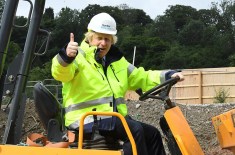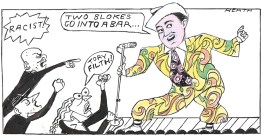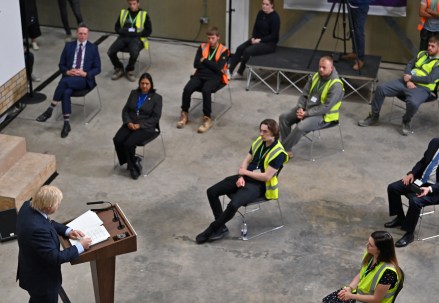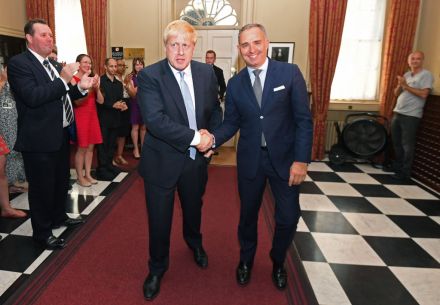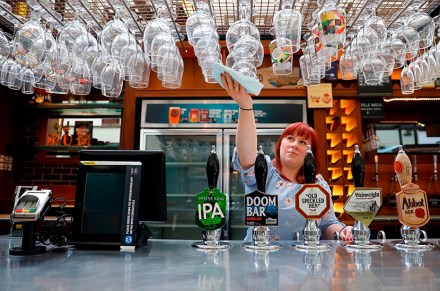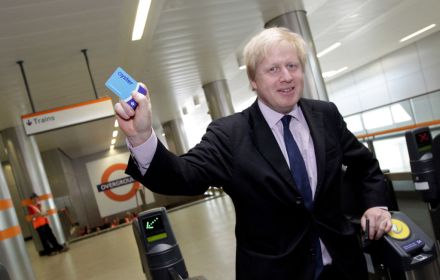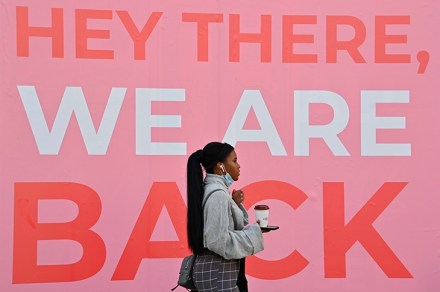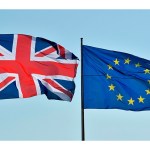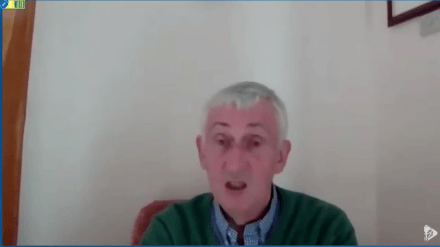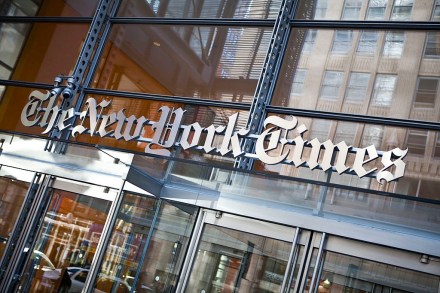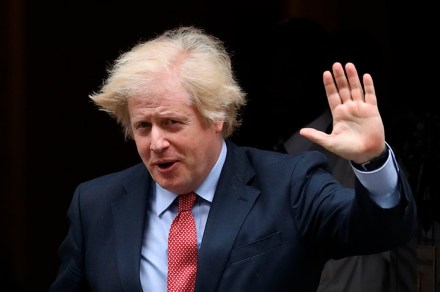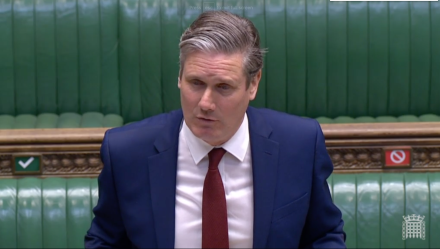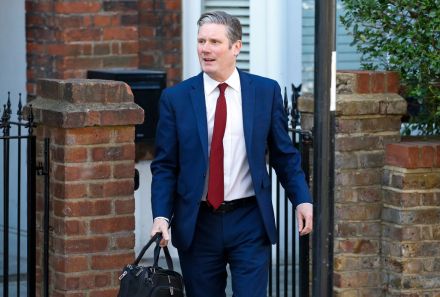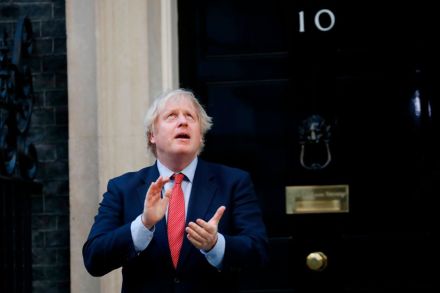Portrait of the week: Boris does press-ups, pubs reopen and Leicester locks down
Home Boris Johnson, the Prime Minister, said he was ‘as fit as a butcher’s dog’ and did press-ups to prove it, as he announced infrastructure initiatives to counter the economic crisis brought on by the coronavirus outbreak. With a slogan ‘Build, build, build’, he made a speech in Dudley promising £1.5 billion for hospital improvements and planning changes to make loft extensions easier. Pubs were allowed to open from 4 July, after a fashion, with table service, as were restaurants. Churches could hold services without singing and newlyweds were told to wash their hands after exchanging rings. The government was poised to announce that from 6 July British travellers to



